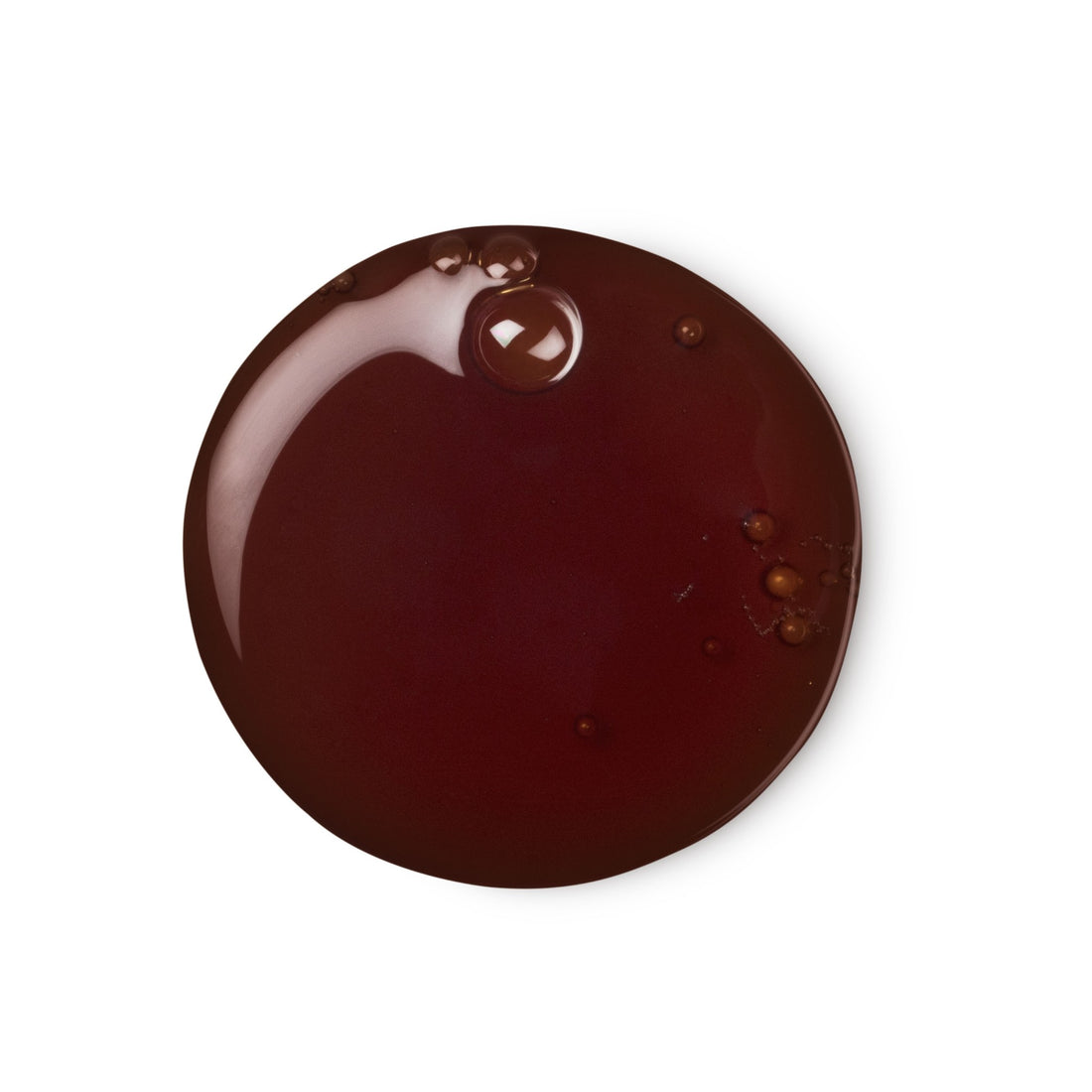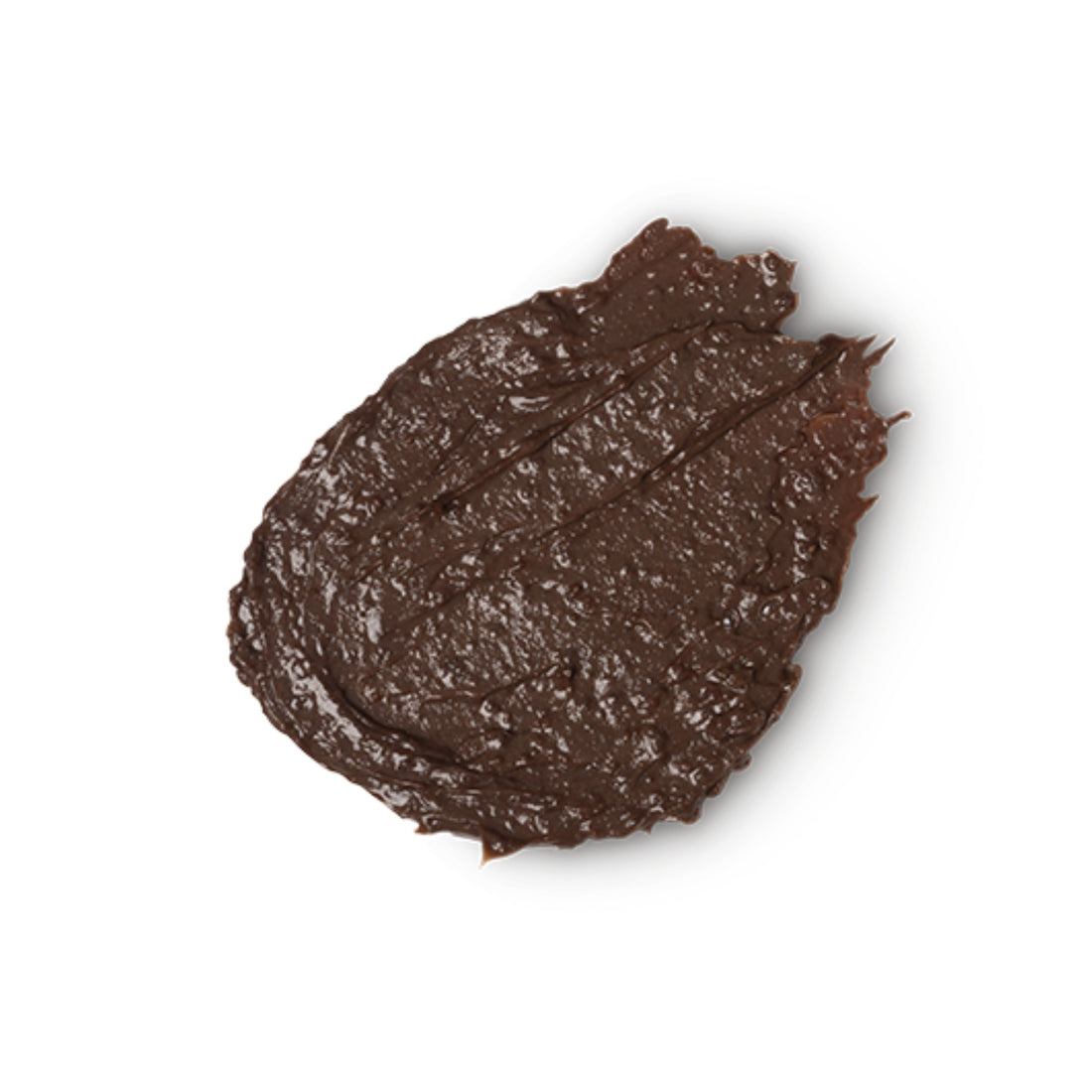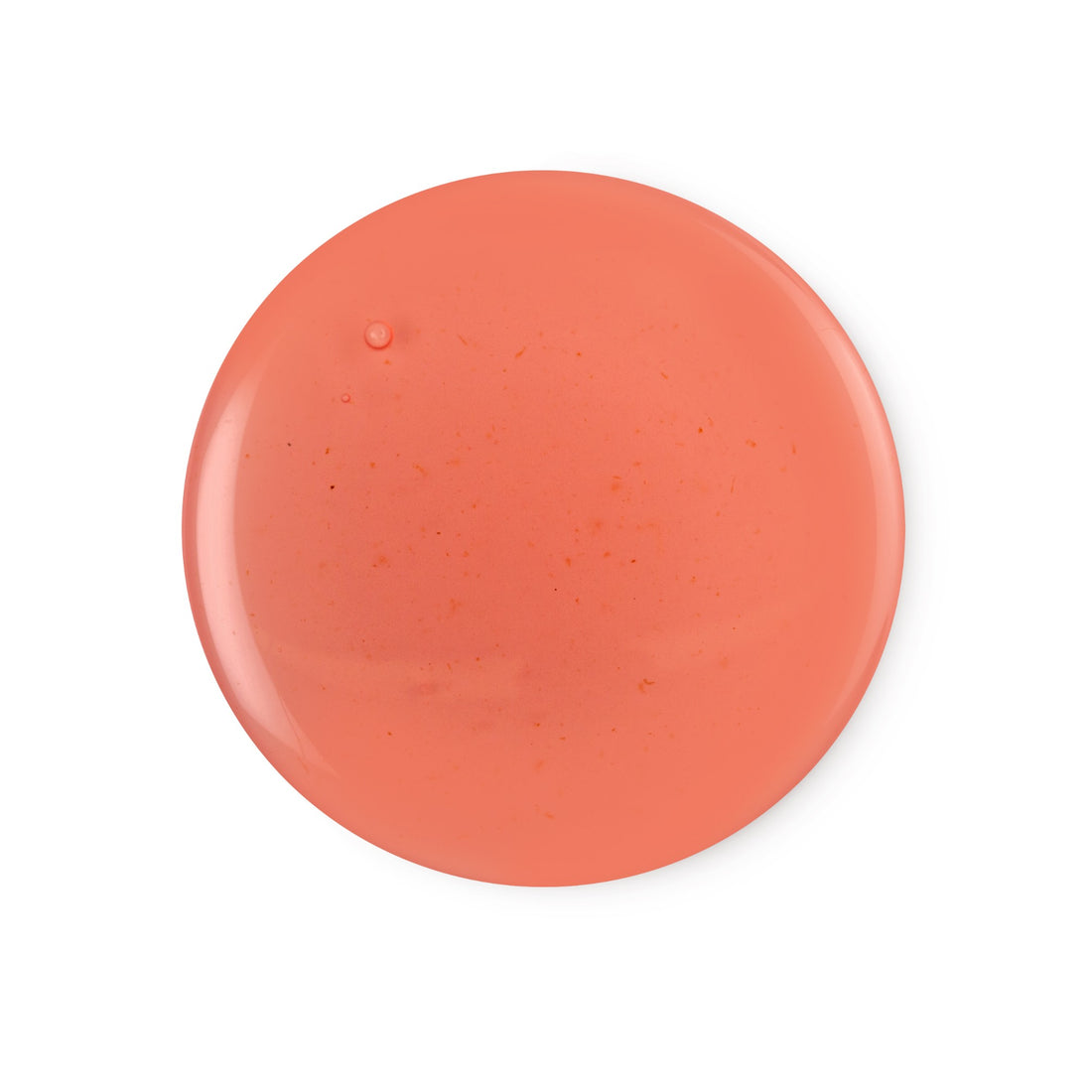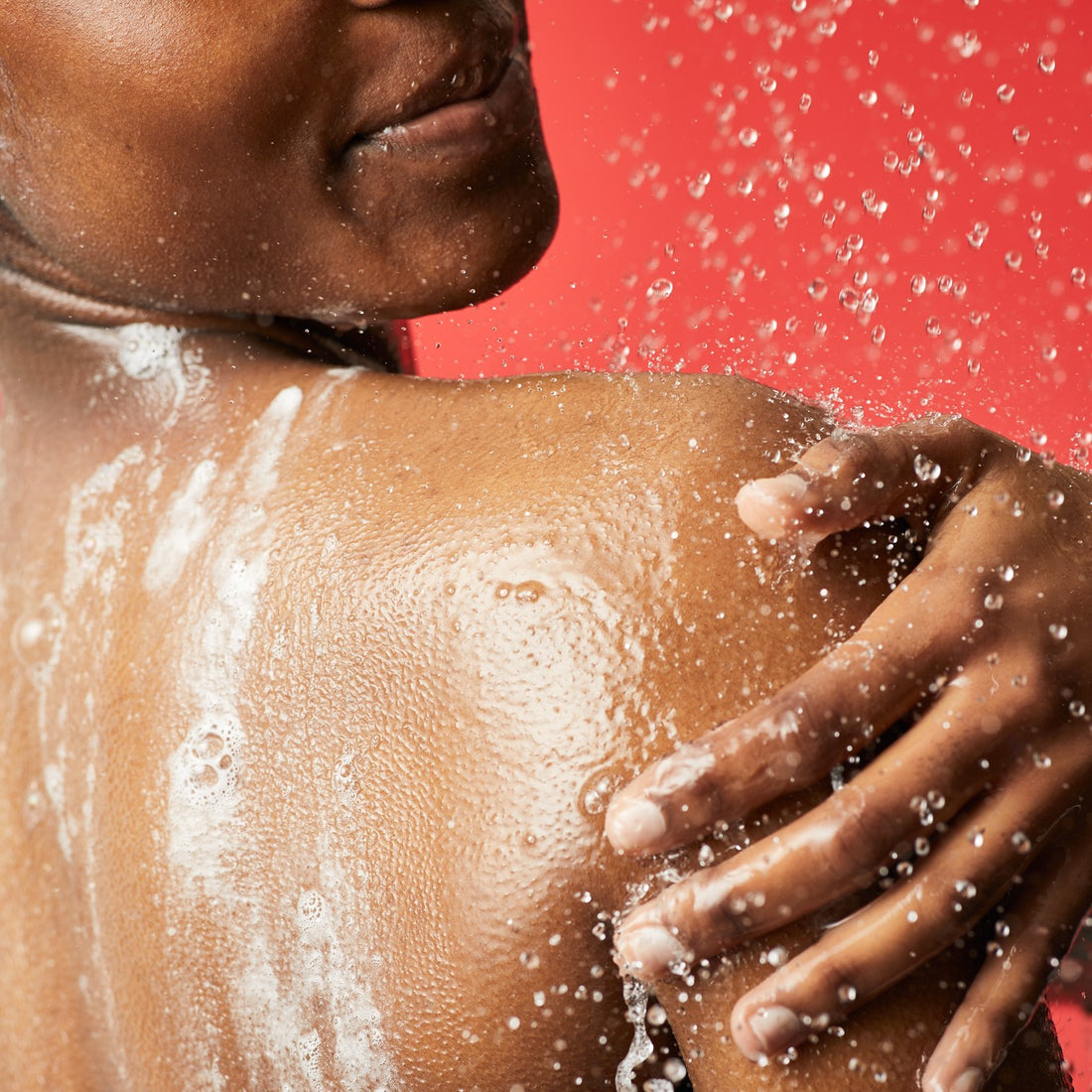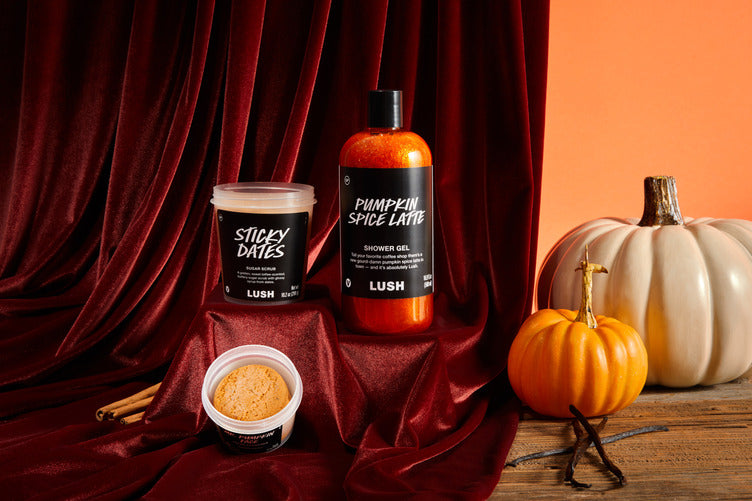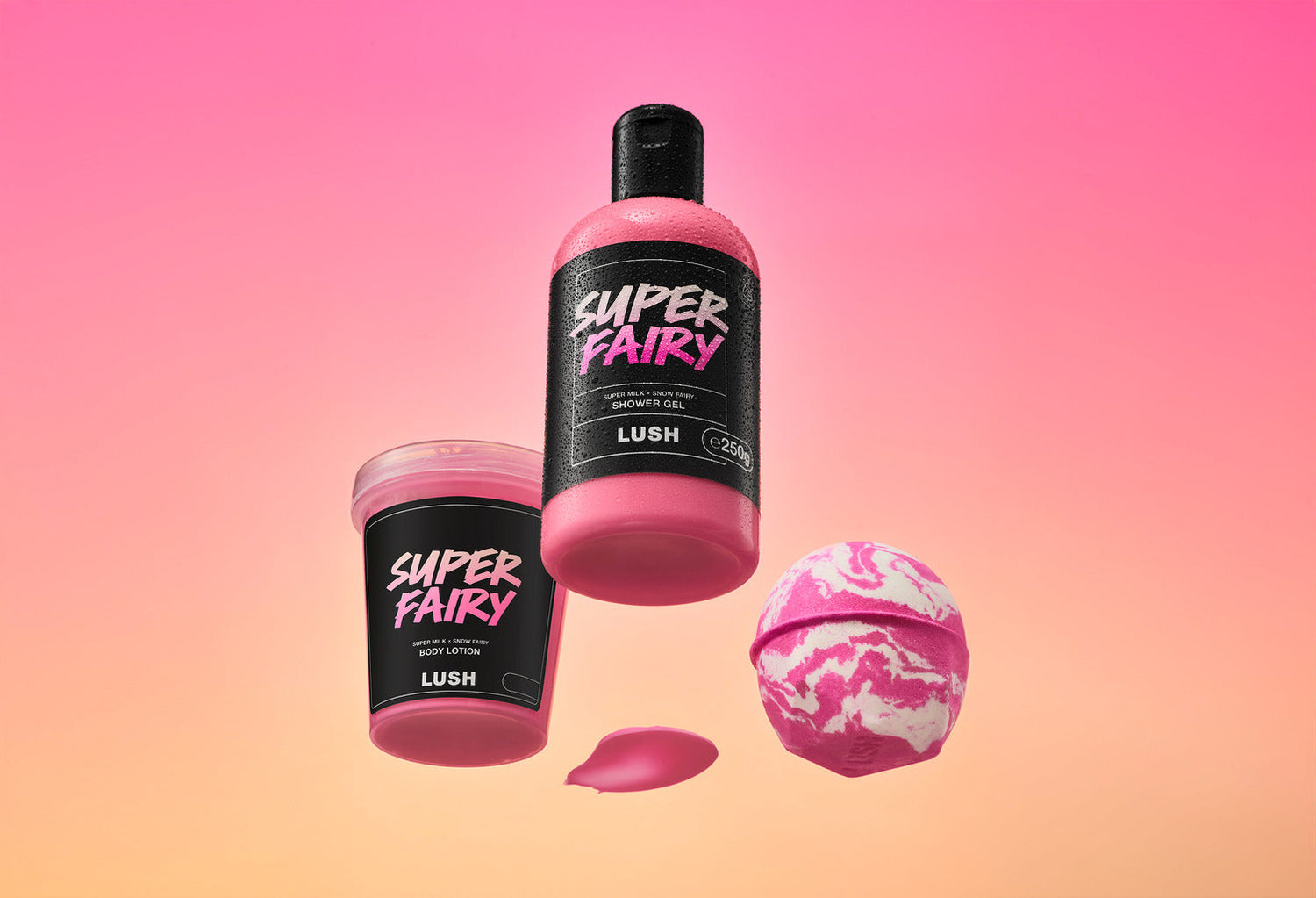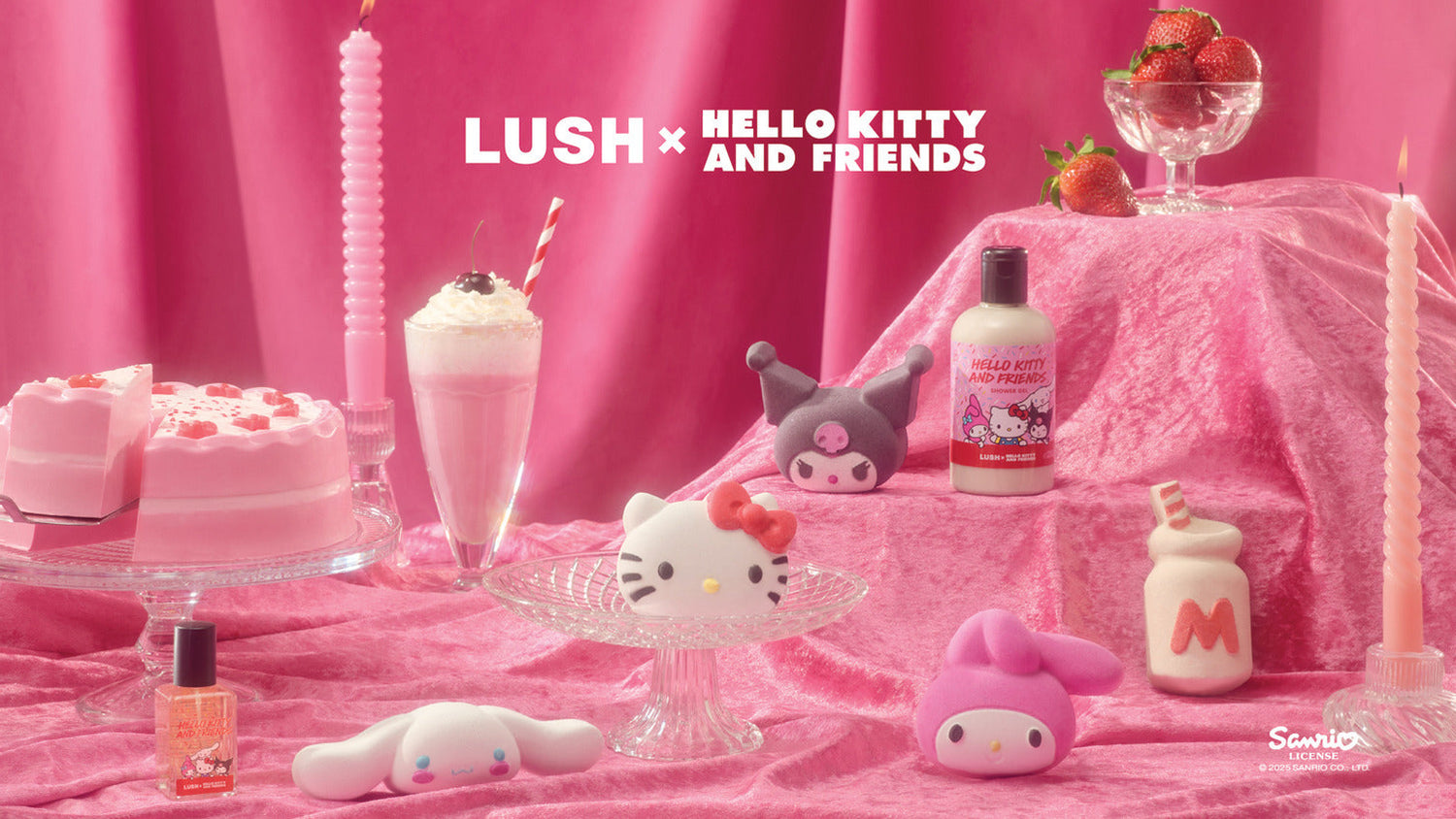Scientific terms made simple.
Acid: Having a pH below 7 (Lemon juice and vinegar are acids).
Alkali: Having a pH above 7 (Bleach and baking powder are alkalis).
Antibacterial: A substance that limits or prevents the growth of bacteria and suppresses their ability to reproduce.
Antifungal: A substance that limits or prevents the growth of yeasts and other fungal organisms.
Antimicrobial: A substance that limits or prevents the growth of microorganisms.
Bacteria: Plural form of bacterium. A member of a large group of microorganisms which have cell walls and can cause disease. Bacteria are also partly responsible for decay or decomposition alongside fungus.
Benzyl alcohol: A fragrance material that also has preservative properties.
Chemicals: A distinct substance or compound that can be purified or artificially created or purified.
Chemical preservative: A man-made substance that prolongs a product’s shelf-life through antimicrobial action.
Cleansing agent: An ingredient that is used to remove dirt from a surface, within the context of cosmetics, skin or hair.
Dispersion: A mixture in which particles of one substance are scattered through another one.
Ecosystem: A complex community of interacting organisms and their physical environment.
Emulsion: A type of dispersion in which minute droplets of two liquids are chemically bonded together, for example, a mixture of oil and water (such as mayonnaise).
Free water: Water that is chemically available for microorganisms.
Food chain: A series of organisms in a habitat interrelated in their feeding habits, the smallest being fed upon by a larger one.
Formaldehyde: A colorless, strong-smelling chemical that is used as a preservative.
Formula: A product recipe.
Humectant: A substance that both attracts and retains moisture.
Methylisothiazolinone: An antimicrobial substance used to preserve cosmetics.
Methylparaben: One of the two parabens Lush uses to preserve cosmetics. Methylparaben is water soluble.
Microflora: the community of microorganisms, including algae, fungi, and bacteria, that live in or on another living organism or in a particular habitat.
Microbe/microorganism: A tiny, single-cell organism which can only be seen through a microscope.
Natural preservative: Ingredients found in nature that can help to keep a product fresh for longer.
Paraben: A synthetic chemical preservative used to keep food or products fresh.
pH: A scale to indicate the acidity or alkalinity of a solution. 0 is the most acidic, 7 is neutral, and 14 is most alkaline.
Propylparaben: One of the two parabens Lush uses to preserve cosmetics. Propylparaben is oil soluble.
Preservative: A substance that is added to food and other products to keep them fresh for longer.
Safe synthetic: An artificial substance deemed safe for use by health authorities, such as the Food And Drugs Administration (FDA) in the USA.
Self-preserving: An ingredient or formula that is expertly balanced and uses natural preservatives to keep itself clean.
Surfactant: A partly oil and water soluble substance that can remove oil-based dirt from the skin and hair by reducing the surface tension of a liquid and allowing it to foam.
Synthetic: A man-made substance.
Water activity: The energy status of water that is not chemically bound inside a product.
Water content: The amount of water in a substance.
Phenoxyethanol/2-phenoxyethanol: A synthetic preservative Lush uses to help products stay fresh for longer.
Viscous: A thick, sticky consistency somewhere between a solid and liquid.





